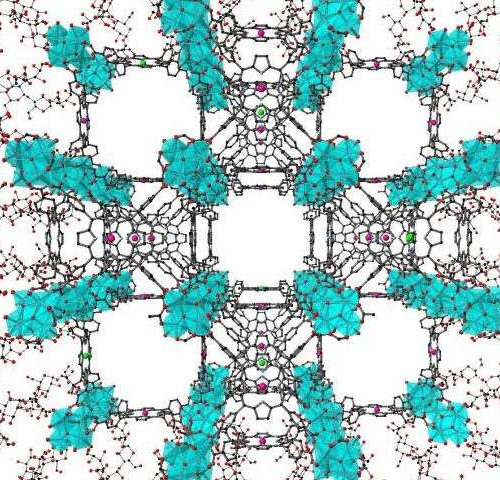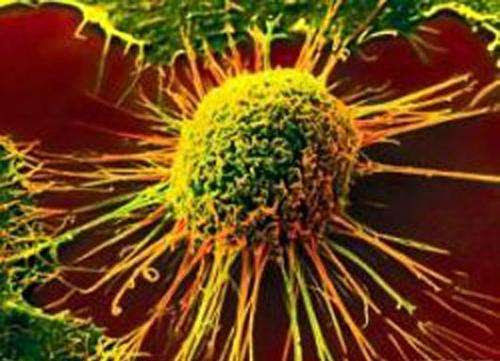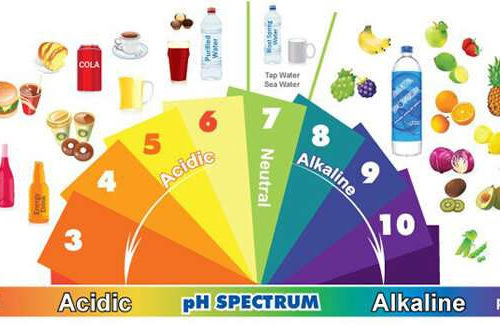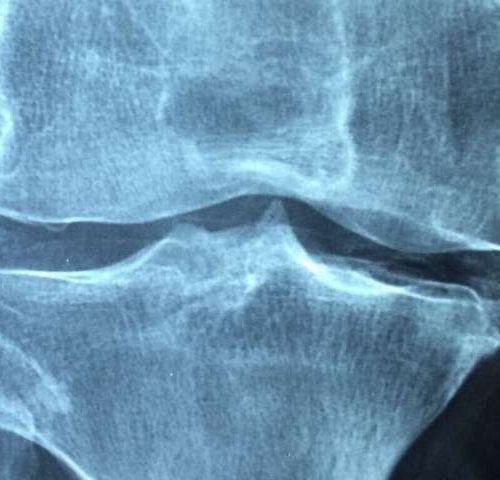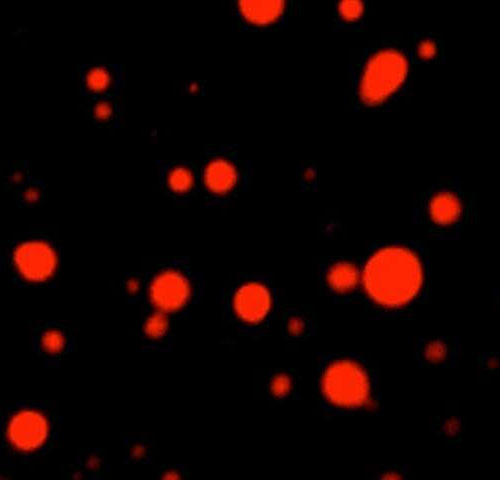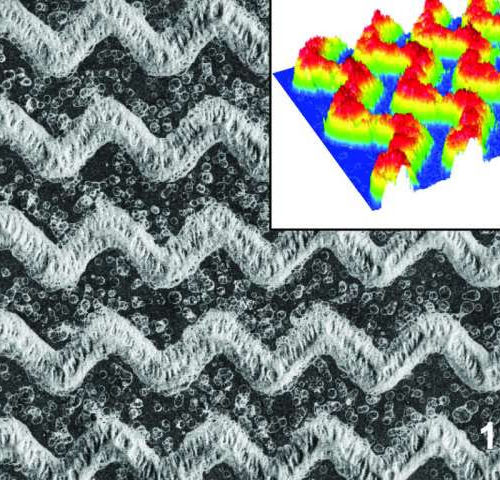by University of California – San Diego With advances in genome sequencing, cancer treatments have increasingly sought to leverage the idea of “synthetic lethality,” exploiting cancer-specific genetic defects to identify targets that are uniquely essential to the survival of cancer cells. Synthetic lethality results when non-lethal mutations in different genes become deadly when combined in...
Tag: <span>Breast Cancer</span>
New nano drug candidate kills aggressive breast cancer cells
by Matt McGowan, University of Arkansas Chemical structure of multi-functional, anticancer drug candidate. Credit: Hassan Beyzavi, University of Arkansas. Researchers at the University of Arkansas have developed a new nano drug candidate that kills triple negative breast cancer cells. Triple negative breast cancer is one of the most aggressive and fatal types of breast cancer....
Discovery of key protein behind cancer relapse and progression can lead to new therapies
by James L. Manley, Duke-NUS Medical School Reports show that cancer is the second-highest leading cause of death globally, with the possibility that every one in four to five people in Singapore may develop cancer in their lifetime. A recent study by scientists from Duke-NUS Medical School provides new evidence supporting the presence of a...
Highly acidic foods can increase breast cancer recurrence and mortality among past smokers
by Padma Nagappan, San Diego State University Fresh and processed meats, cheese, eggs, sugary food, soft drinks, and grains are acid-producing foods. For cancer survivors who have a reduced capacity to process such foods that produce sulfuric, phosphoric, or organic acids, it can increase their mortality risk trifold if they also smoked in the past,...
Biomarker test highly accurate in detecting early kidney cancer
by Dana-Farber Cancer Institute A novel liquid biopsy method can detect kidney cancers with high accuracy, including small, localized tumors which are often curable but for which no early detection method exists, say scientists from Dana-Farber Cancer Institute. The report in Nature Medicine suggests that if validated in larger trials and applied widely, the non-invasive...
Focused ultrasound shows promise against deadliest brain tumor
UNIVERSITY OF VIRGINIA HEALTH SYSTEM NEUROSURGEON JASON SHEEHAN, MD, PHD, OF UVA HEALTH, IS PIONEERING THE USE OF FOCUSED ULTRASOUND TO TREAT GLIOBLASTOMA, THE DEADLIEST BRAIN TUMOR.view more CREDIT: UVA HEALTH An innovative use of focused ultrasound being pioneered at the University of Virginia School of Medicine is showing promise against glioblastoma, the deadliest brain...
Certain genes that predispose to cancer also affect the immune system, study shows
The study shows that the involvement of certain genes that predispose to cancer also affects the immune system, which could facilitate tumor growth. In the specific case of breast cancer, the involvement of the SH2B3 gene, corresponding to a lymphocyte protein, increases the predisposition to develop cancer. The idea that the immune system “monitors and...
Two new, powerful small molecules may be able to kill cancers that other therapies can’t
Using human cell and mouse models, City of Hope scientists demonstrate that the cancer inhibitors they’re developing could destroy acute myeloid leukemia and tumors from brain, pancreatic and breast cancers PRINT E-MAIL DUARTE, Calif. — City of Hope scientists have identified and developed two potent small molecules that appear to suppress tumor growth in multiple...
How cancer drugs find their targets could lead to a new toolset for drug development
by Whitehead Institute for Biomedical Research The molecular structure of the cancer drug cisplatin causes it to concentrate in tiny non-membrane bound organelles called condensates held together by the protein MED1. By altering other drugs to concentrate in specific condensates, drug developers may be able to improve targeting efficacy in future. Credit: Isaac Klein, Whitehead...
‘Lab-on-a-chip’ blood test could spot breast cancer early
by Dennis Thompson, Healthday Reporter A cutting-edge “lab-on-a-chip” has shown promise in detecting early breast cancers and tumors that have developed in other parts of the body. Roughly the size of a glass microscope slide, the EV-CLUE uses nanotechnology to pump a tiny amount of blood into eight miniscule channels equipped to detect different markers...


